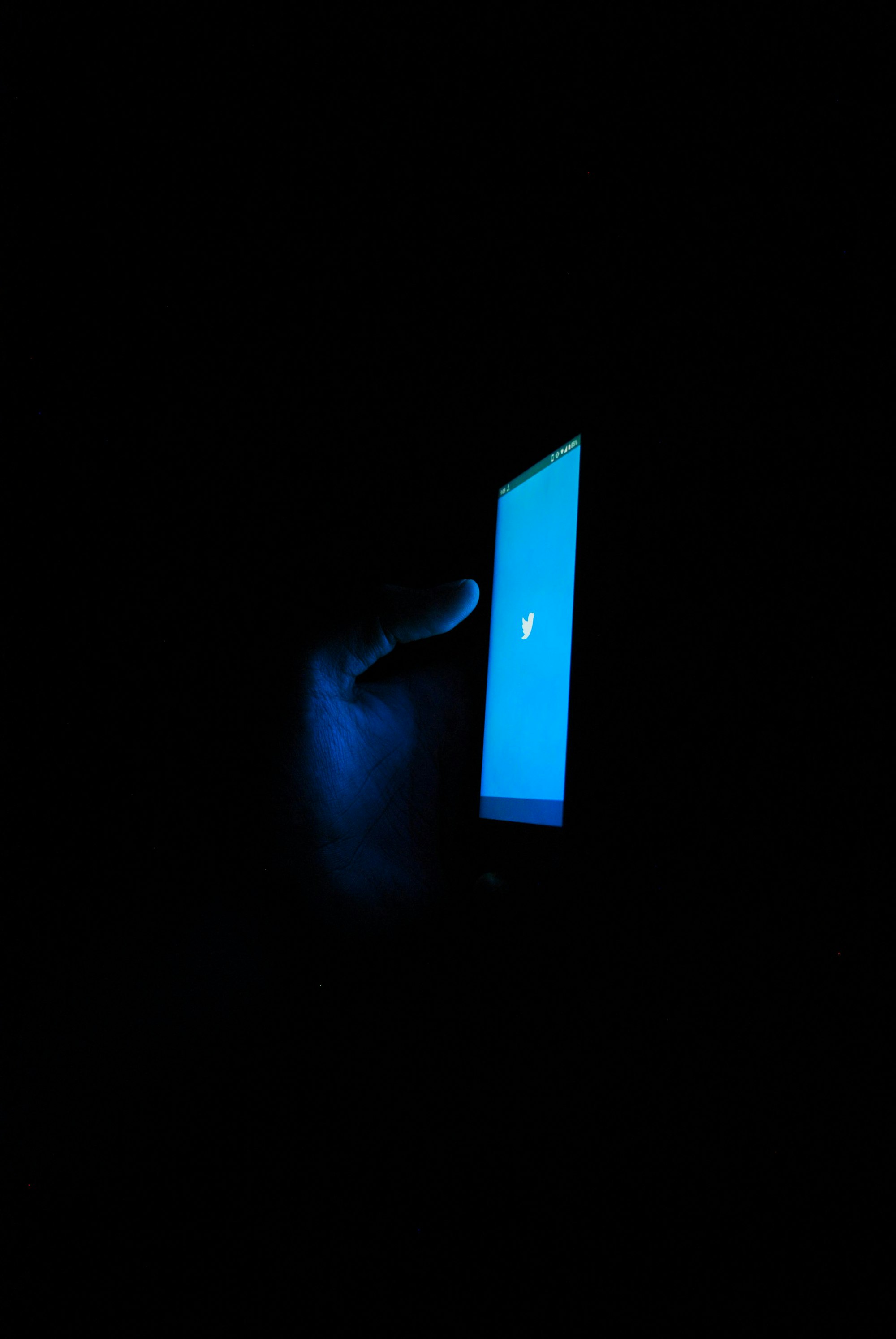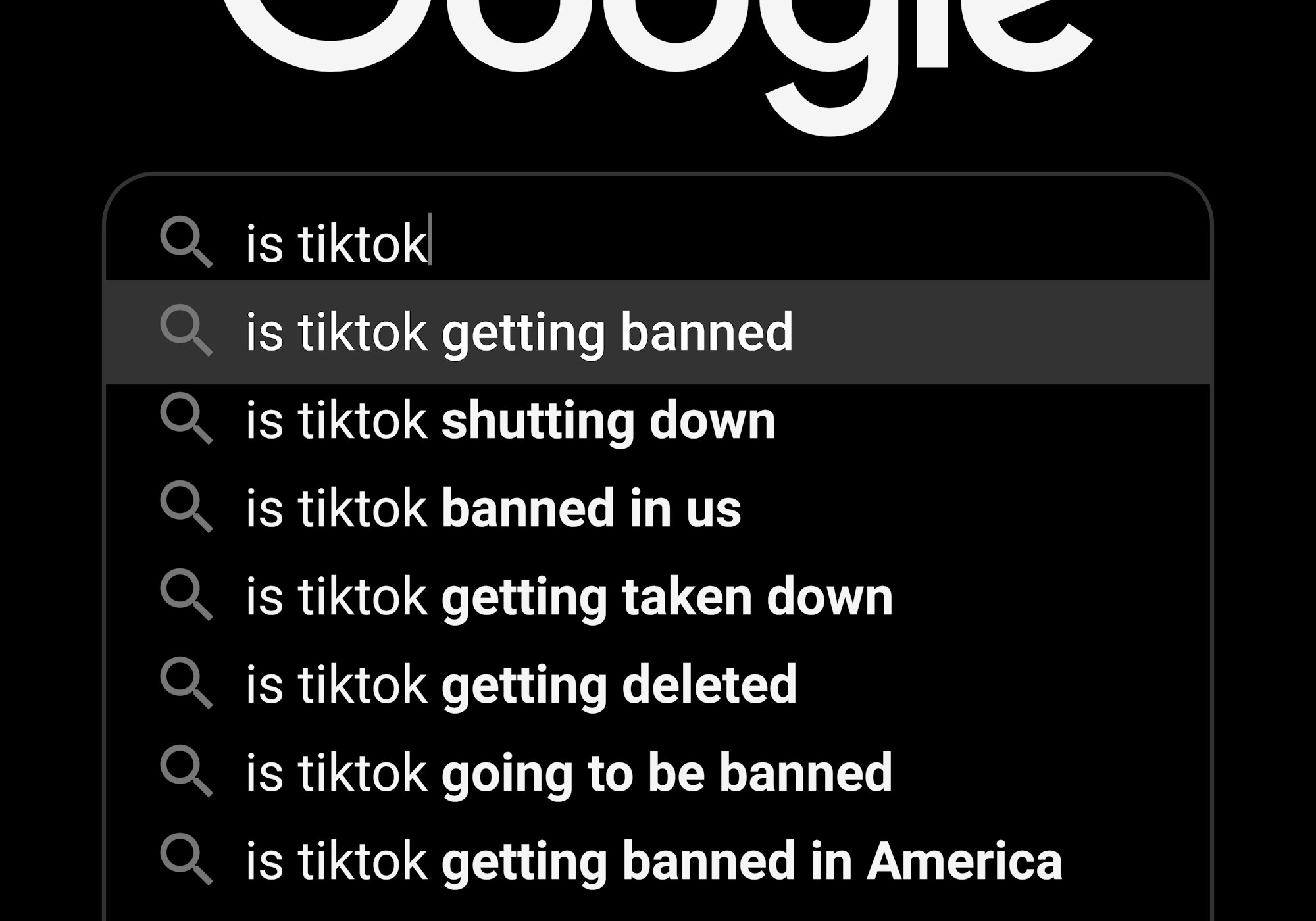The recent tragic spikes of coronavirus cases in India have dominated international media as the country continues to grapple with the current pandemic. Images and information have been shared through traditional and non-traditional news outlets and social media, yet some of the information shared to the diaspora and non-Indian internet users may indeed be blocked in the country itself.
In recent days, both Twitter and Facebook have capitulated to demands by India’s Ministry of Electronics and Information Technology to remove around 100 posts by a variety of individuals (Indian nationals and otherwise), citing “fake or misleading information” as the reason for request of removal.
In this instance, the suppressed posts mainly voice criticism of Narendra Modi, the Indian Prime Minister, and his handling of the COVID-19 pandemic in India. Some of the suppressed tweets include those from political opponents of Modi, which make significant claims and criticisms of Modi for “underplaying” the situation and “mismanagement”. On Facebook, the hashtag #ResignModi was briefly blocked, hiding around 12,000 posts critical of Modi and the Indian government in an action later described as a “mistake” by Facebook officials.
[Screenshot, Twitter 29/04/2021]
Above is an example of one of the suppressed tweets from Moloy Ghatak @GhatakMoloy, an opposition party leader in West Bengal, who criticised Modi and made claims about vaccine exports. The Hindi hashtag means “Remove Modi, Save the Country”.
While many things have been unique about COVID-19, a very significant area is the dominant role that internet technology and social media occupies in the pandemic and wider society. As government responses have become increasingly localised, so the role of social media has grown as a crucial tool for communication, information sharing and consumption. Social media corporations are thus increasingly becoming the world’s policeman as they are faced with scrutiny from users and governments alike regarding what their platform publishes.
Twitter and Facebook were both asked for comment by CNN business on the suppressing of Modi-critical posts. Twitter responded with the following:
“When we receive a valid legal request, we review it under both the Twitter Rules and local law…If the content violates Twitter's rules, the content will be removed from the service…If it is determined to be illegal in a particular jurisdiction, but not in violation of the Twitter Rules, we may withhold access to the content in India only. In all cases, we notify the account holder directly so they're aware that we've received a legal order pertaining to the account.”
This response reveals the interesting conflict that lies at the heart of all online publishers, that of jurisdiction. The reality of internet-based social media sites is that traditional controls on publication do not work effectively, due to the combination of the lack of editorial control on these sites and the immediate worldwide publication of an individual’s thoughts as soon as they press “Tweet”.
Traditionally, those objecting to an opinion or comment in a publication would approach the publishers, seeking an apology. The damages caused by a defamatory comment would be limited to the regions in which the physical publication was sold. However, in the world of immediate global publication and dissemination, the potential damage is amplified, the ability to remove the offence is reduced, and any response is accordingly stronger in impact.
The notable point of Twitter’s response is their distinction between “local law” and “Twitter’s rules”. Only one of these things has a global effect, and it isn’t the internationally recognised state. If a Tweet violates Twitter Rules, it is removed from the platform. If it violates a national law, access may be withheld in that country, but this is not a given. In this way, Twitter positions itself as an enforcer of internet jurisdiction, straddling the divide between the physical world in which nation states still hold and control jurisdiction and the cyber-sphere where nothing is really ever deleted.
The recent requests by Modi’s government to the gatekeepers of the internet’s social zones are not unusual. In the first half of 2020, the United States sent the most user data requests to Twitter, closely followed by India. Overall, Twitterreceived 12.7 thousand government information requests worldwide, complying with 36.7%. Facebookin comparison received over 170,000 requests, again the top two nations being the United States and India.
Corporations like Twitter and Facebook represent the reality of the internet spaces we occupy. They are entities that may culturally share views and ideals with the physical places they are founded, chiefly the United States, but these entities are explicitly private in nature. They are not public bodies and as such they do not (yet) face the scrutiny we expect for other areas of public life.
Facebook never responded to the CNN Business request, and in general they prefer to keep their methods private except when compelled to appear, such as Mark Zuckerberg’s much meme’d appearance at the United States Senate’s judiciary committee hearingregarding the role of his platform in the 2020 US election.
The US-centric reality of the Internet, both in its infancy and as we know it today, means that as a jurisdiction and nation America holds more clout than most. It reveals an ongoing reality: physical location and local jurisdiction still have significant importance for judicial enforcement, even for global mega-corporations. Twitter and Facebook were both founded in the States by US citizens, a status which means we are unlikely to see Mark Zuckerberg or Jack Dorsey appear in an Indian court or government hearing any time soon.
Getty Images via: https://www.bbc.co.uk/news/newsbeat-43722444
These conversations may seem to matter very little in the grand scheme of things, especially against the backdrop of immense loss and suffering both in India and around the world. Yet these conversations reveal the ongoing contradiction between attempts by nation states to retain power and the international (often American) corporations that increasingly control the spread of information. The wars between internet publishers and governments are only going to get more fraught, as seen in the recent skirmish between Australia and Facebook.
It’s clear from the statistics and from the Indian response that Modi’s government is aware of the power that lies in controlling the dissemination of information, especially in a country renowned for its vast array of tech start-ups and technological potential. Yet the forum of cyber-space has changed the way governments can control news. Modi’s attempts to limit access to criticism has instead highlighted the comments his government wished to suppress, the Barbra Streisand effect in full throttle. The monopoly that extra-national corporations have over social media drastically reduces the ability of nation states to retain power in information, for while they can use such platforms to their advantage it can just as easily be turned against them.
The solution is unclear. Looking north, across the Himalayas to China we can see how nations shift the control of information power in their favour. China, with its ban on Facebook and thriving Chinese controlled social media Weibo, exhibits national control of the cyber space in extremis. This is only growing, with Sina Corp. the owner of Weibo, recently de-listing from the Nasdaqin a move clearly geared at further distancing Chinese companies from US influence. Weibo itself, as of April 2021, is still listed.
Unlike China, India is unlikely to be in a position amenable to a government controlled social media platform. The colonial links to the UK and the US are still substantial and geo-politics will still play a significant role, which India is unlikely to extricate itself from both politically and technologically. The world’s largest democracy is facing a crisis that impacts its people physically, but the way it is viewed and controlled will increasingly be digital. It will be a matter for hindsight to see how this will be done.
Lauren Graham is a current Diploma in Professional Legal Practice Student at the University of Edinburgh as well as the Head Co-ordinator and Founder of LawTech: University of Edinburgh. Her interests in law and technology are wide, but mainly focused on creating stronger connections between technologists and lawyers in a bid for better understanding for the future of legal and technological development.







